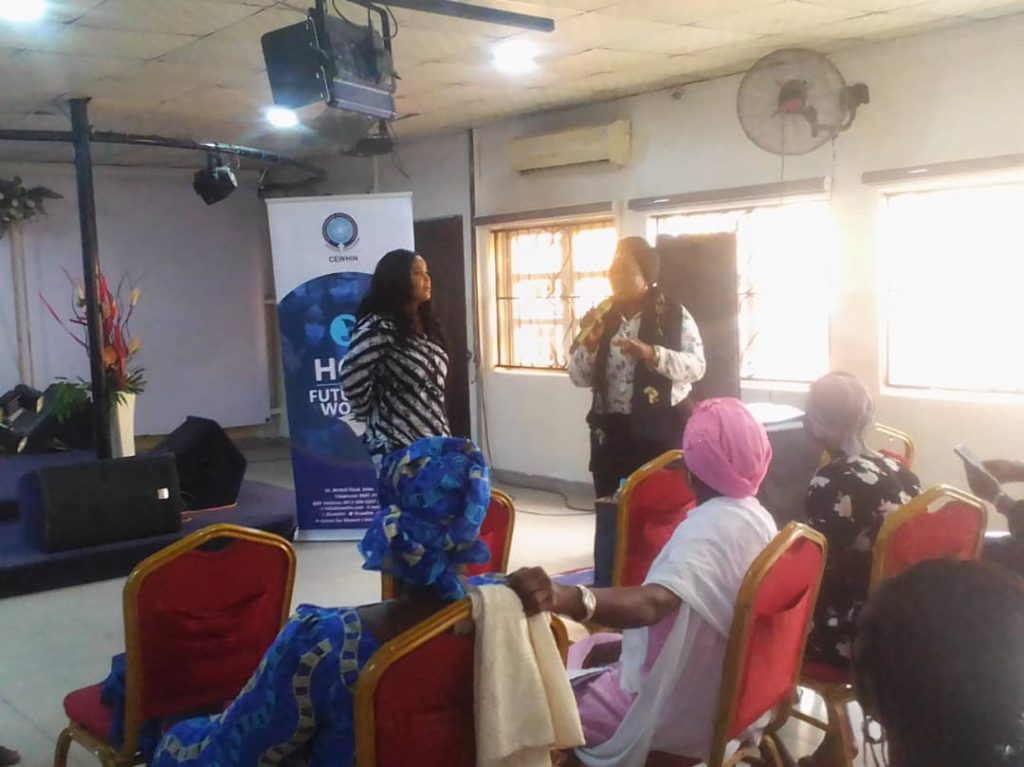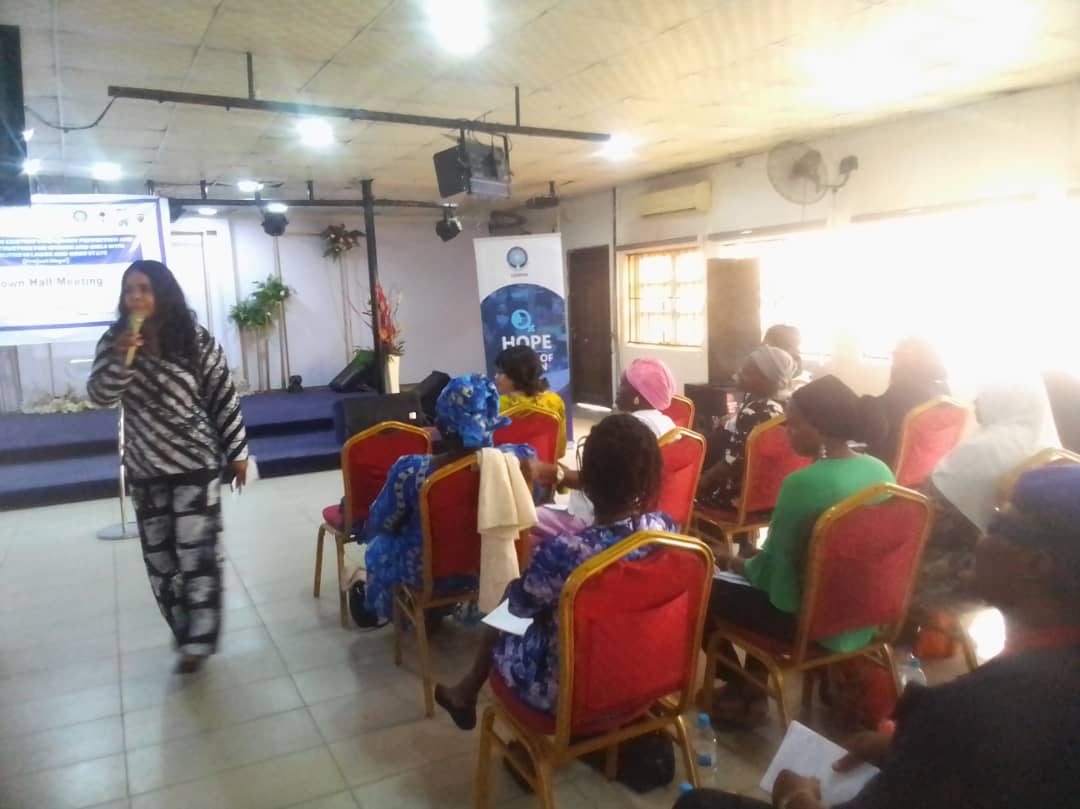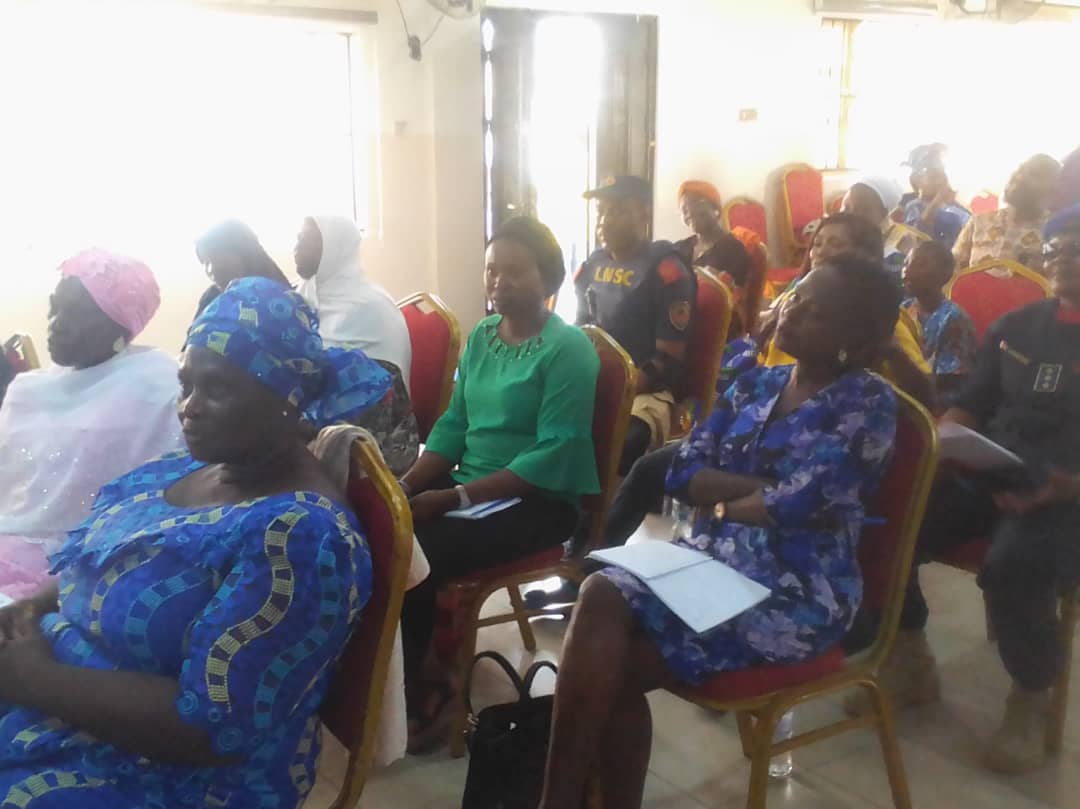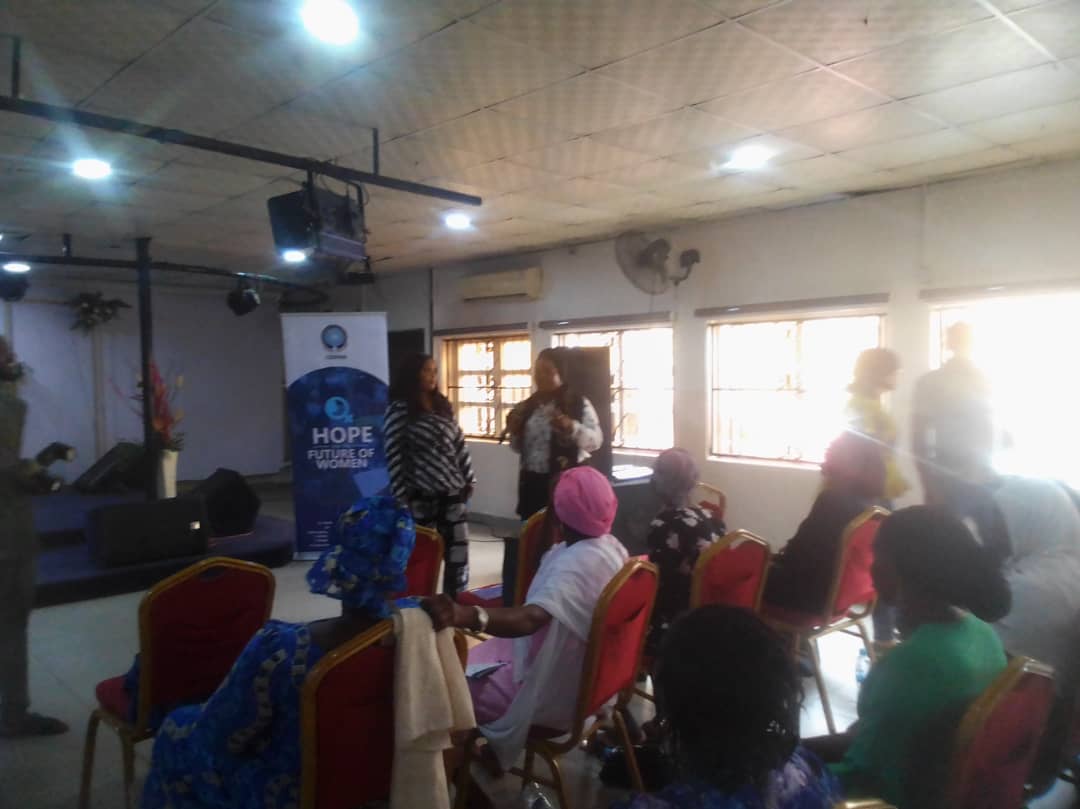
Article

You may like
TRANSFER : Paris Saint-Germain ‘lining up £120m Victor Osimhen bid’
English Premier League trio, Manchester United, Arsenal and Chelsea are all looking likely to miss out on Napoli’s Victor Osimhen ...
Nigeria International Inspires Atalanta’s Dramatic Coppa Italia Victory
Super Eagles’ star, Ademola Lookman, has again earned the plaudits of his Italian club, Atalanta, after delivering a goal and ...
JAMB Extends 2024 Direct Entry Registration
The Joint Admissions and Matriculation Board (JAMB) has announced that the registration for this year’s Direct Entry (DE) has been ...
Davido denounces Afrobeats : I define my music genre as Afrofusion
African musical icon and award-winning singer, Davido has followed some of his colleagues to denounce the afrobeats genre. He joined ...
Moffi hits milestone 50th Ligue 1 goal
Super Eagles’ striker, Terem Moffi scored his 11th goal in Ligue 1 this season as OGC Nice drew 2-2 at ...
Oyo PDP Lawmaker, Fowokanmi Support Party’s Candidates With One Million Naira
Members of the Oyo State House of Assembly, Hon. Yusuf Adebisi and Hon. Oluwafemi Fowokanmi have supported the councillorship candidates ...






Leave a reply